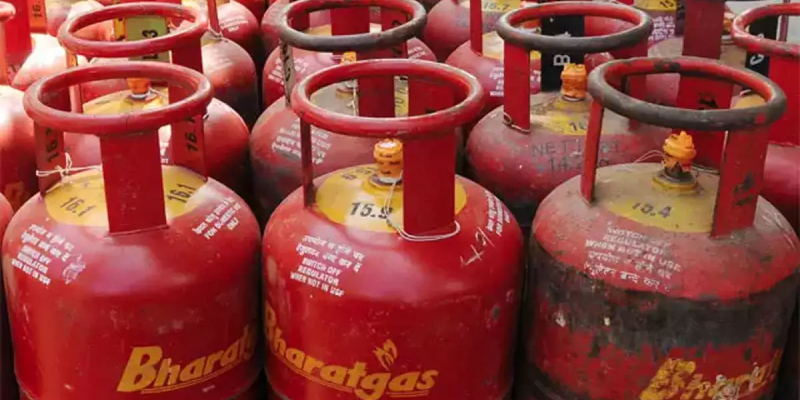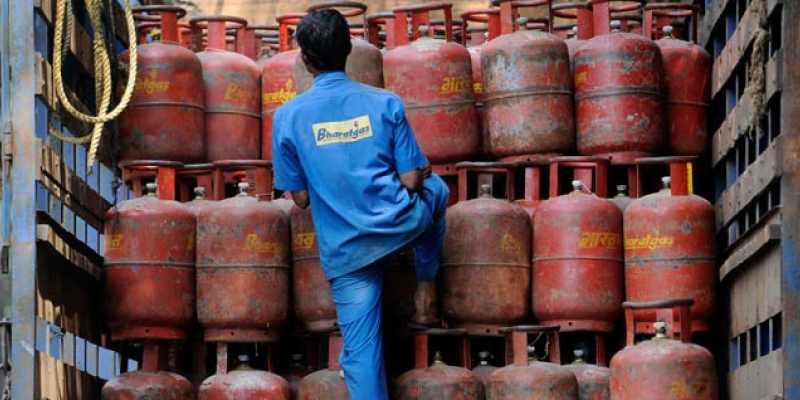Many a times you might have seen the phenomenon of cylinders with droplets being formed at the surface of the cylinders especially in hotels/restaurants. You have been puzzled as to how it happens. There are no water sources around to explain the same.
What is that phenomenon?
We will explain to you what that is and why it happens. That phenomenon is called cylinder sweating. As all of you know, LPG is stored in liquid state in the cylinders. In VOT or vapour off-take cylinders, the Liquid LPG is converted to Vapour LPG with natural vapourisation. This converted LPG goes into the burners. The rate of natural vapourisation is very low. When the usage increases, the LPG consumption increases to a rate where natural vapourisation will not be able to substantiate the rate of conversion.
Therefore, the LPG inside the cylinder is forced to draw heat from the surrounding to convert itself into vapours thus leading to a drop in temperature in the surrounding areas. Sometimes the cooling effect will be high that you can see water vapour condensing and forming droplets around the cylinders. This phenomenon is called as “cylinder sweating”. In extreme cases, you can also visibly see icing forming on the cylinder surface.
In simple terms, if the rate of LPG withdrawal is more than the designed rate, sweating happens and in extreme cases, it can lead to formation of icing on the cylinder surface.
Why does it happen?
Now that you have understood what is cylinder sweating, one must also understand why is it happening in your restaurant kitchen.
The reason is simple. It is due to improper design of the cylinder manifold in the kitchen area. When the LPG Company does not factor in for any extra burners that might be added or expects less number of cylinders to handle large number of burners, this issue props up.
How to tackle that issue?
The only way is to understand the consumption patterns and designing a manifold factoring in all the requirements. The idea is to increase the LPG withdrawal rate more than that actual withdraw rate. With over 2 decades of experience in LPG industry our team of experts will be available at you reach to address the cylinder sweating issues.
For further information, you can get in touch with our team of experts or your franchisee at the earliest.







Leave a Reply